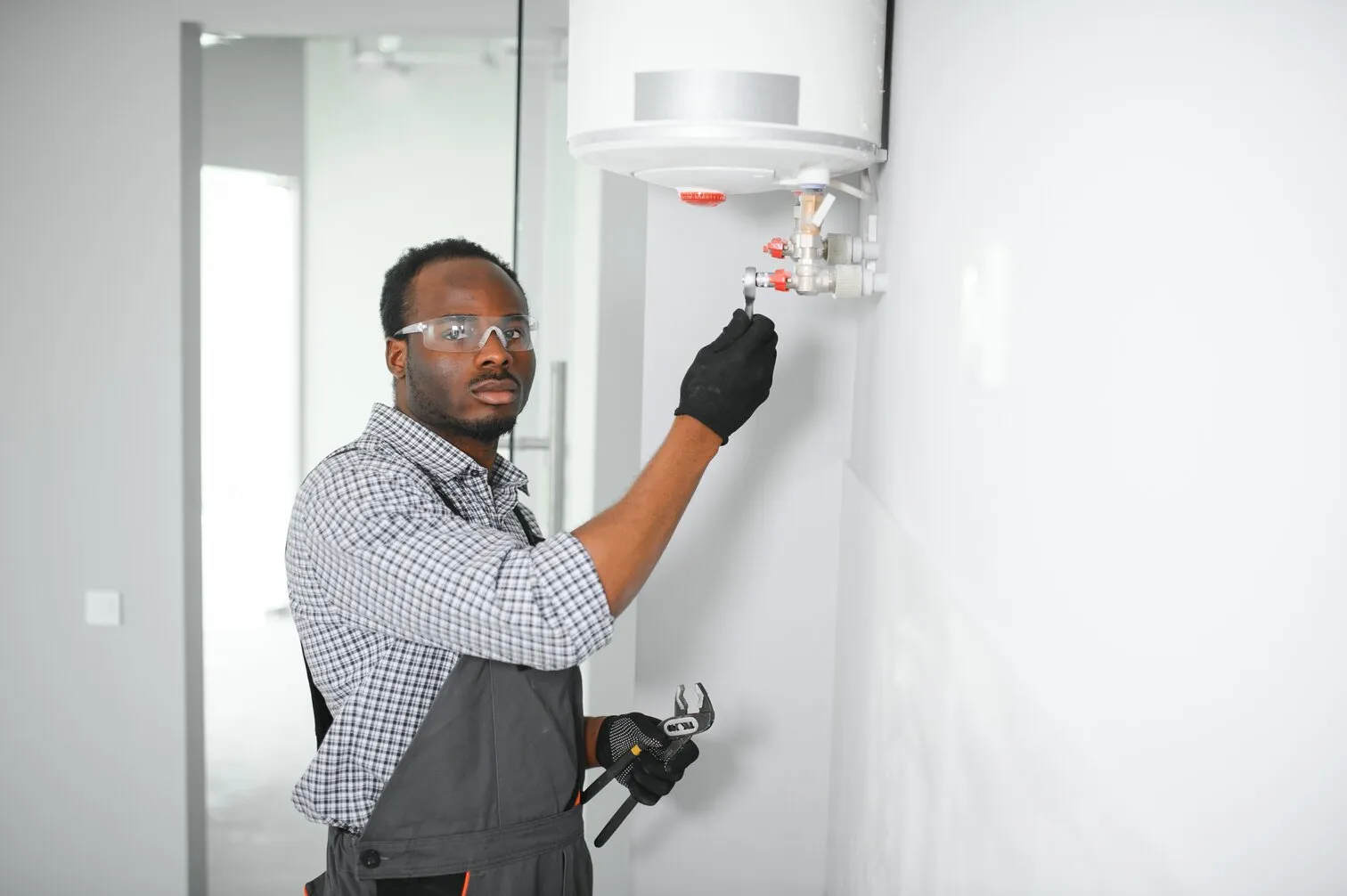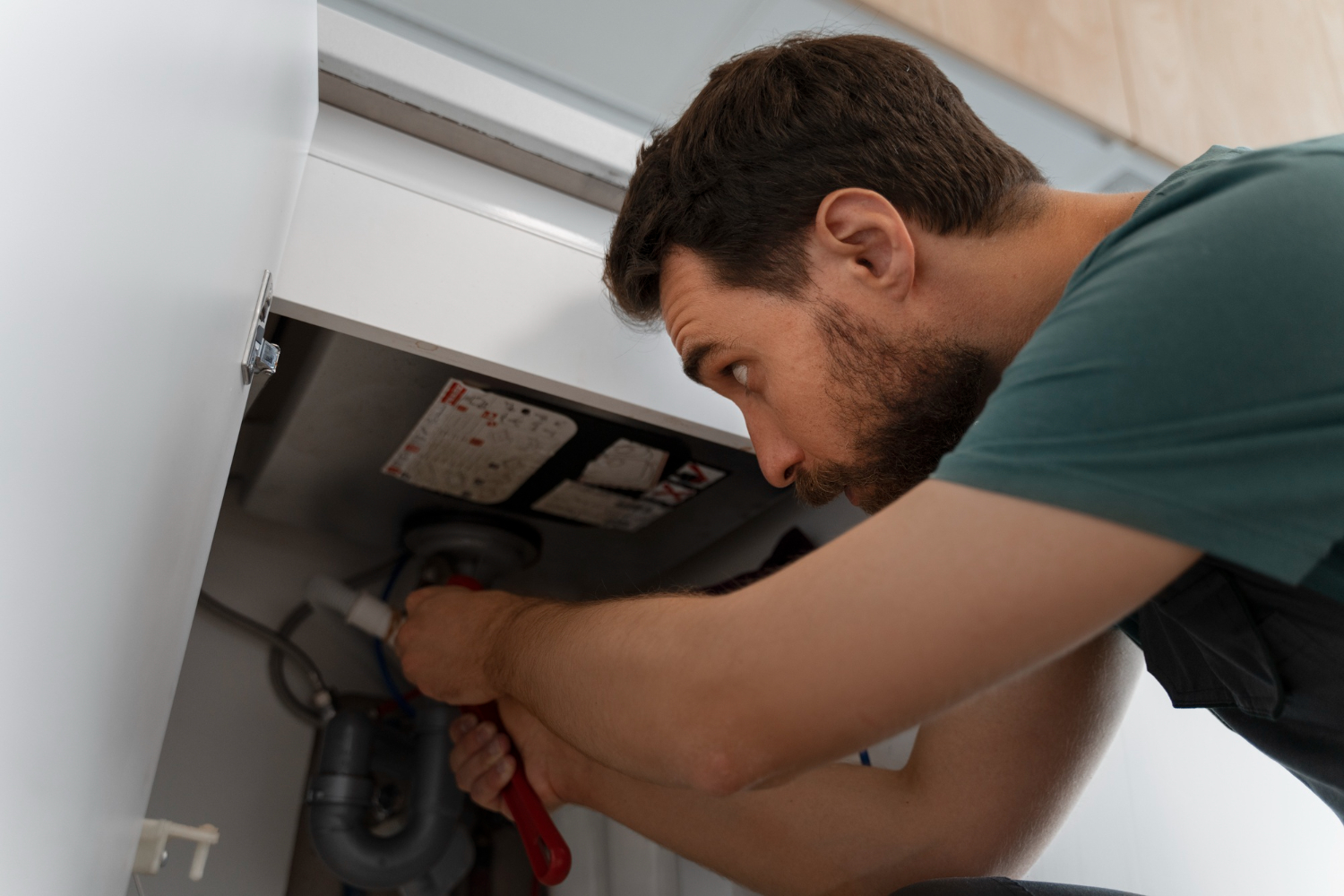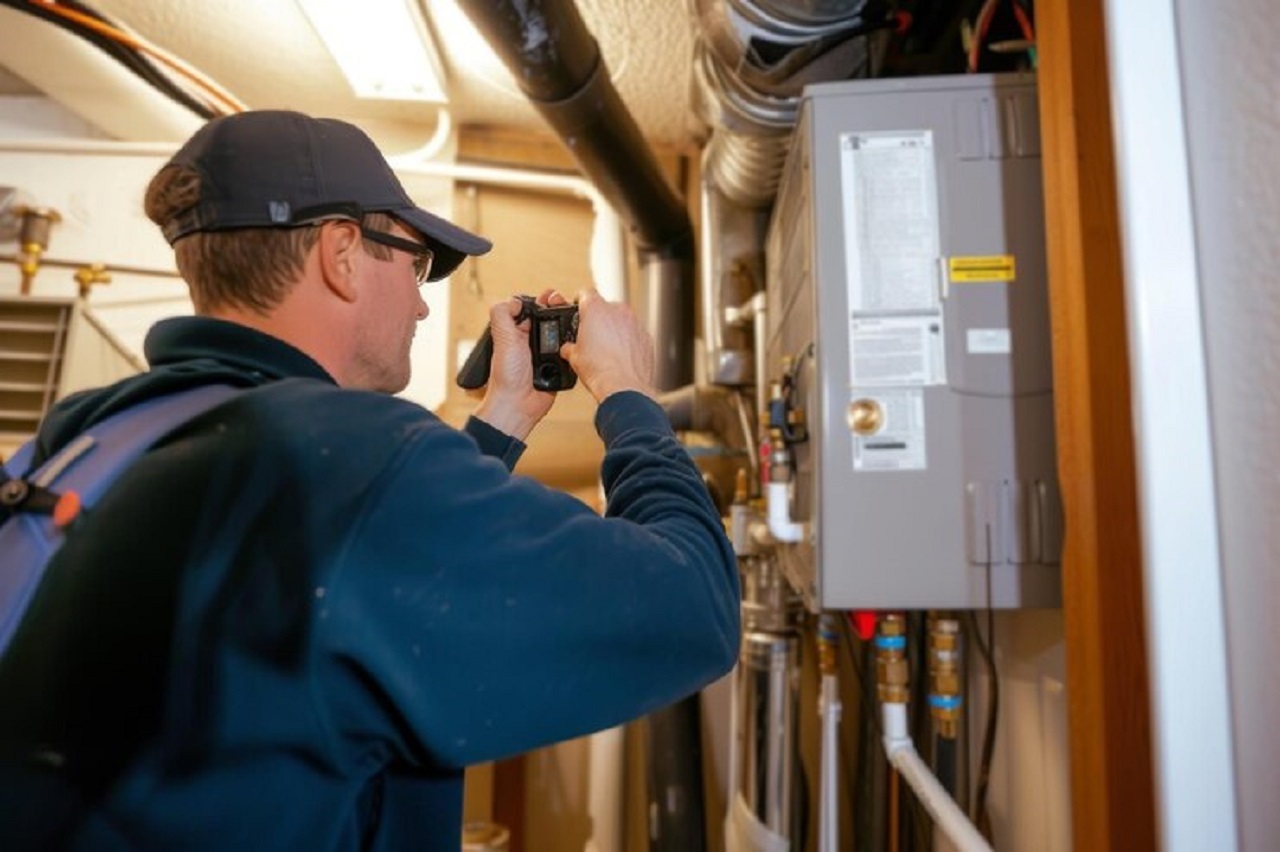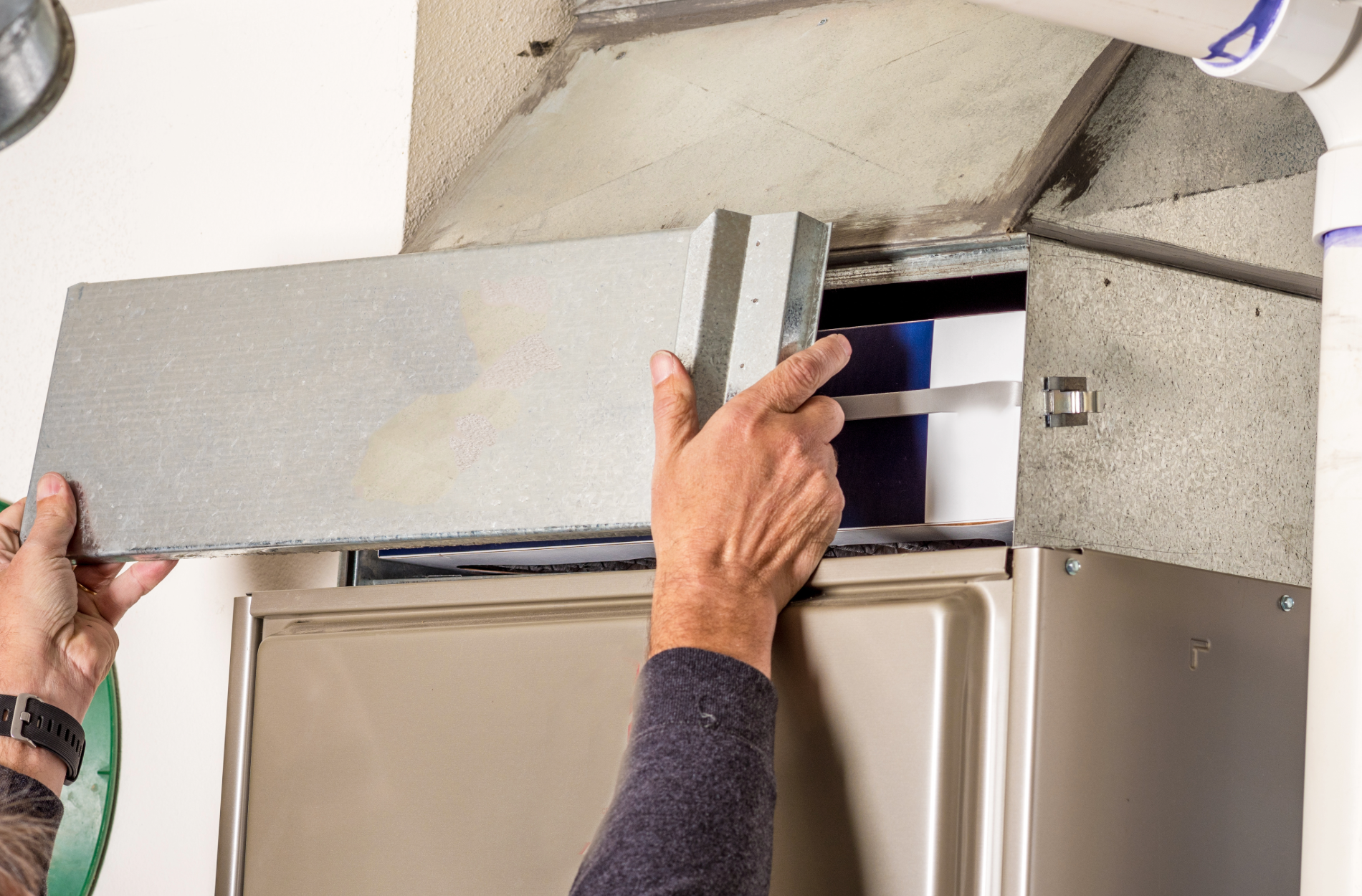Water heaters are essential appliances that provide hot water for various household needs. However, like all appliances, they can develop problems over time. Knowing how to troubleshoot and fix common water heater issues can save you time and ensure you have a reliable source of hot water.
Common Signs Your Water Heater Needs Repair
Recognizing the signs that your water heater needs repair can help you address issues before they become major problems. Here are some common indicators that your water heater may require attention:
- Inconsistent Hot Water: If you notice fluctuations in water temperature or running out of hot water quickly, your water heater may not be functioning properly.
- Noisy Operation: Strange noises such as banging, popping, or rumbling sounds coming from the tank often indicate sediment buildup or other internal issues.
- Leaks or Moisture: Any visible water around the base of the heater or signs of moisture on the tank or pipes can signal a leak that needs immediate repair.
- Discolored or Smelly Water: Rusty or foul-smelling water is a sign of corrosion inside the tank or bacteria buildup.
- Higher Energy Bills: A sudden increase in energy bills can indicate that your water heater is working harder due to inefficiency or malfunctions.
Checking the Power Supply
Ensuring your water heater has a proper power supply is crucial for its operation. Whether your water heater is electric or gas-powered, checking the power supply is a vital first step in troubleshooting.
Electric Water Heater:
- Check the Circuit Breaker: Ensure the breaker dedicated to the water heater is not tripped. Reset it if necessary.
- Examine the Power Cord: Inspect the power cord for any visible damage or loose connections.
- Test the Outlet: Use a multimeter to check if the outlet is providing power.
Gas Water Heater:
- Check the Gas Supply: Ensure the gas valve is open and the gas supply is uninterrupted.
- Inspect the Pilot Light: Verify that the pilot light is lit. If it’s out, follow the manufacturer’s instructions to relight it safely.
- Examine Gas Lines: Look for any signs of leaks or damage to the gas lines.
Testing the Thermostat and Heating Elements
The thermostat and heating elements in your water heater control the water temperature. If you’re experiencing issues with water temperature, these components may need testing or replacement.
- Turn Off Power: Before testing, switch off the power supply to the water heater at the circuit breaker to ensure safety.
- Access the Thermostat and Elements: Remove the access panels on the side of the water heater to reach the thermostat and heating elements.
Testing the Thermostat:
- Use a Multimeter: Set the multimeter to the lowest ohms setting.
- Check for Continuity: Place the multimeter probes on the thermostat terminals. A reading of zero or near zero indicates the thermostat is functional.
Testing the Heating Elements:
- Disconnect Wires: Remove the wires connected to the heating elements.
- Check Resistance: Place the multimeter probes on the element terminals. A reading within the manufacturer’s specified range indicates a functional element.
Flushing the Tank to Remove Sediment
Sediment buildup in the water heater tank can affect its efficiency and lifespan. Regularly flushing the tank helps remove sediment and maintain performance.
- Turn Off the Heater: Switch off the electrical supply or gas valve to the water heater. Allow the water to cool down to prevent burns.
- Connect a Hose: Attach a garden hose to the drain valve at the bottom of the tank. Run the other end to a safe drainage location.
- Open the Valve: Open the drain valve and let the water flow out. This will carry sediment out of the tank. You may need to open the pressure relief valve or a hot water tap to allow air into the tank.
- Flush with Fresh Water: Once drained, close the drain valve, remove the hose, and open the cold water supply valve. This will allow fresh water to flow into the tank and flush out any remaining sediment.
- Refill and Restore Power: Close the pressure relief valve or hot water tap, and refill the tank. Once full, restore power or relight the pilot light.
Regularly flushing the tank can help maintain the efficiency and extend the life of your water heater.
Addressing Noisy Water Heaters
Noisy water heaters can be more than just an annoyance; they often indicate underlying issues that need resolution. Here’s how to address common noises:
Popping Sounds:
- Sediment Buildup: Popping noises typically result from sediment buildup at the bottom of the tank. When water heats up, the sediment boils, creating popping sounds.
- Solution: Flushing the tank to remove sediment usually remedies this issue. Regular maintenance can prevent these noises from recurring.
Hissing or Sizzling Sounds:
- Water Dripping Onto Heating Elements: Hissing or sizzling noises can occur if water is dripping onto the heating elements.
- Solution: Check for leaks. If found, repair them. Ensure heating elements are securely installed.
Banging or Knocking Noises:
- Water Hammer: Banging, also known as water hammer, happens when water flow suddenly stops, causing the pipes to move and hit against something solid.
- Solution: Installing a water hammer arrestor can dampen these movements and eliminate the noise.
Repairing Leaks in the Water Heater Tank
Leaks in the water heater tank can lead to significant water damage if not addressed quickly. Here are steps to repair leaks:
Identify the Leak Source:
- Check Connections and Valves: Examine all connections, including inlet and outlet valves.
- Inspect the Tank: Look closely at the tank, especially around seams and welds, for any signs of leakage.
Common Leak Sources:
- Valves: Often, leaks come from the pressure relief valve or drain valve.
- Tank Corrosion: If the tank itself is leaking due to corrosion, it might need replacing.
Steps to Repair:
- Tighten Connections: Ensure all connections are tight. Sometimes a simple tightening can stop a leak.
- Replace Faulty Valves: If valves are leaking, they should be replaced with new, compatible ones.
- Patching Small Leaks: For small cracks or holes, you can temporarily patch the area with an appropriate sealant. Remember, significant leaks or tank corrosion means a replacement is necessary.
Fixing Insufficient Hot Water Problems
If you’re running out of hot water quickly, several factors might be at play. Here’s how to address insufficient hot water problems:
Check Thermostat Settings:
- Adjust Temperature Settings: Ensure the thermostat is set to the desired temperature. Lower settings may result in water cooling down too fast.
- Test for Functionality: Use a multimeter to ensure the thermostat is working correctly.
Inspect Heating Elements:
- Lower and Upper Elements: Electric water heaters have two heating elements. If one of them fails, you may experience insufficient hot water.
- Testing: Use a multimeter to test the continuity of both elements. Replace any that show no continuity.
Maintenance and Upgrades:
- Sediment Flushing: Regularly flush the tank to remove sediment that can impact heating efficiency.
- Upgrade for Capacity: If demand exceeds capacity, consider upgrading to a larger tank or a tankless system.
Troubleshooting Discolored or Smelly Water
Discolored or smelly water can be unpleasant and indicates issues within your water heater. Here’s how to troubleshoot and fix these problems:
Discolored Water:
- Rusty or Brown Water: This often indicates corrosion inside a steel water heater tank.
- Solution: Check the anode rod. If it’s corroded, replacing it may resolve the discoloration. If the tank itself is corroding, consider replacing the entire unit.
Smelly Water:
- Rotten Egg Smell: This is usually caused by bacteria reacting with the magnesium or aluminum anode rod.
- Solution: Flushing the tank with hydrogen peroxide can kill the bacteria. Alternatively, consider replacing the anode rod with a zinc-aluminum alloy rod, which is less prone to bacteria issues.
Preventive Measures:
- Regular Maintenance: Regular flushing and cleaning of the tank can prevent the buildup of sediment and bacteria.
- Water Conditioning: Installing a water softener can help reduce mineral buildup that leads to discolored or smelly water.
Resolving Water Temperature Fluctuations
Water temperature fluctuations can be frustrating and inconvenient. These issues often signal that your water heater needs attention.
- Thermostat Issues: One common cause of water temperature fluctuations is a faulty thermostat. Our professionals can test and recalibrate or replace the thermostat to ensure consistent water heating.
- Sediment Buildup: If sediment accumulates in the tank, it can block heating elements and lead to uneven water temperatures. Flushing the tank can resolve this issue and restore normal operation.
- Malfunctioning Heating Elements: Heating elements that are worn out or damaged can also cause temperature instability. Our technicians can inspect and replace these components to restore even heating.
Maintaining the Pressure Relief Valve
The pressure relief valve is a crucial safety feature in your water heater. Proper maintenance of this valve ensures your system operates safely and efficiently.
- Functionality Check: Regularly test the pressure relief valve to ensure it opens and closes properly. This prevents excessive pressure build-up, reducing the risk of tank damage or explosion.
- Visual Inspection: Look for signs of corrosion or leakage around the valve. These issues can compromise the valve’s functionality and should be addressed by our professionals immediately.
- Replacement when Necessary: If the valve is faulty or damaged, it should be replaced. Our technicians can install a new pressure relief valve to maintain safety and performance.
When to Call Our Professionals for Water Heater Repair
Knowing when to call our professionals for water heater repair can save you from costly damages and prolong the life of your unit.
- Persistent Noises: If your water heater continues to make unusual noises like banging, popping, or hissing, it’s time to call in our experts. These sounds often indicate serious underlying issues.
- Consistent Leaks: Any noticeable water around the base of your unit or persistent dripping should be addressed immediately. Leaks can lead to significant water damage and reduced efficiency.
- Inadequate Hot Water: If your water heater routinely fails to provide enough hot water, despite attempts at troubleshooting, professional repair is necessary. Our technicians can diagnose the problem and recommend the best course of action.
Timely professional intervention ensures that minor problems don’t escalate into major issues, keeping your water heater functioning optimally.
Preventative Maintenance Tips for Water Heaters
Regular maintenance can prevent the need for frequent repairs and extend the life of your water heater. Here are some key tips for maintaining your unit:
- Annual Inspections: Schedule a professional inspection at least once a year. Our professionals can identify and address potential issues before they become problematic.
- Flushing the Tank: Periodically flush the tank to remove sediment buildup. This prevents blockages and improves efficiency.
- Checking Anode Rod: Inspect the anode rod every few years and replace it if it’s corroded. This rod helps prevent rust and prolongs the tank’s lifespan.
- Temperature Settings: Keep the thermostat set to an appropriate temperature to prevent overheating and save energy.
Why Choose Us for Your Water Heater Repair Needs?
Effective water heater repair and maintenance go beyond quick fixes. Addressing temperature fluctuations, maintaining crucial components like the pressure relief valve, and knowing when to seek professional help are essential for ensuring the longevity and efficiency of your water heater. Regular preventative maintenance further safeguards your investment and keeps your system running smoothly.
Our team at EnviroSafe Plumbing, Heating, Air Conditioning, Water Treatment is your trusted partner for all water heater repair and maintenance needs. We are dedicated to delivering top-notch service, ensuring your water heater operates at peak efficiency. From diagnosing complex issues to routine inspections, we provide comprehensive solutions tailored to your needs.
Ensure your water heater remains in optimal condition. Contact us today to schedule your water heater repair service in Haddonfield.









